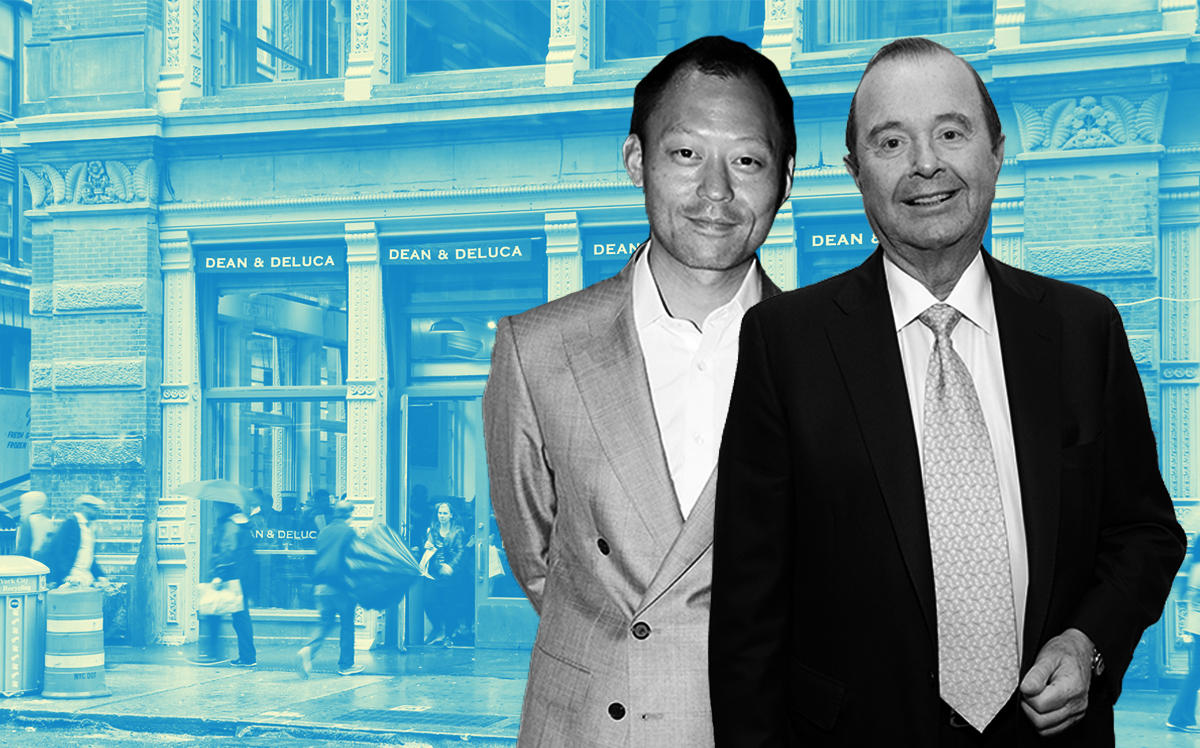Trending
In Chapter 11 filing, Dean & DeLuca reveals it owes Midtown Equities $22M
Gourmet grocer cites Joseph Cayre’s firm as largest unsecured creditor

After shuttering its stores around the city, Dean & DeLuca has filed for bankruptcy — and is on the hook for nearly $33.3 million in skipped rents.
The company has raked up about $100 million in net operating losses, with liabilities north of $495 million, according to the gourmet grocer’s Chapter 11 filing in New York.
According to a list of the top 30 unsecured creditors, four landlords are owed more than $33 million. Midtown Equities, who sued Dean & DeLuca in August over unpaid rent at 29 Ninth Avenue in the Meatpacking District, is owed the most, almost $21.5 million. Second on the list is another landlord, owed $9.2 million.
Midtown Equities could not be reached for comment, and an attorney representing Dean & DeLuca, which said it intended to re-open stores after restructuring, did not respond to a media inquiry.
The Trump Organization also had sued the grocer over missed rent payments and is owed another $400,000.
Joel Dean and Giorgio DeLuca opened the first Dean & DeLuca in 1977 in Soho. In 2014, it was sold to a subsidiary of Thailand-based Pace Development Corporation, which loaned the retailer $200 million to open dozens of its stores, according to court papers.
But in 2019, the cash-strapped company closed up shop because of “significant operating losses” and was unable to continue its expansion goals, filings say. All of the Dean & DeLuca’s around the world have since closed, though certain retail outlets still operate through franchise agreements, according to court papers.
Dean & DeLuca tried to turn the business around as early as 2017, but Pace did not provide enough financing to fund the business through its losses, court papers say. The chain also said it attempted to restructure the business prior to filing for bankruptcy.
The grocer does not specify that Covid-19 accelerated the eventual filing, but court records note that the virus has complicated the bankruptcy process, such as being unable to search certain litigation-related records in person.
Bloomberg first reported the filing Tuesday evening.
The filing comes shortly after another New York-based grocery chain, Fairway Market also filed for bankruptcy in January.
Write to Mary Diduch at md@therealdeal.com




